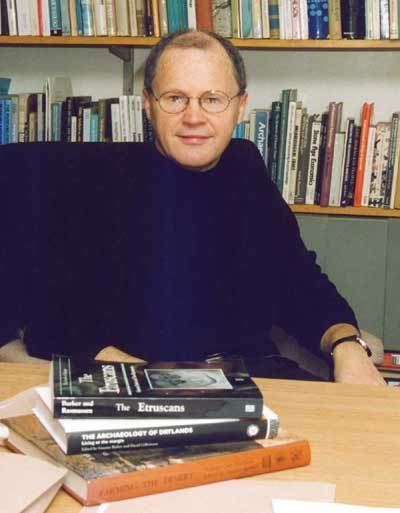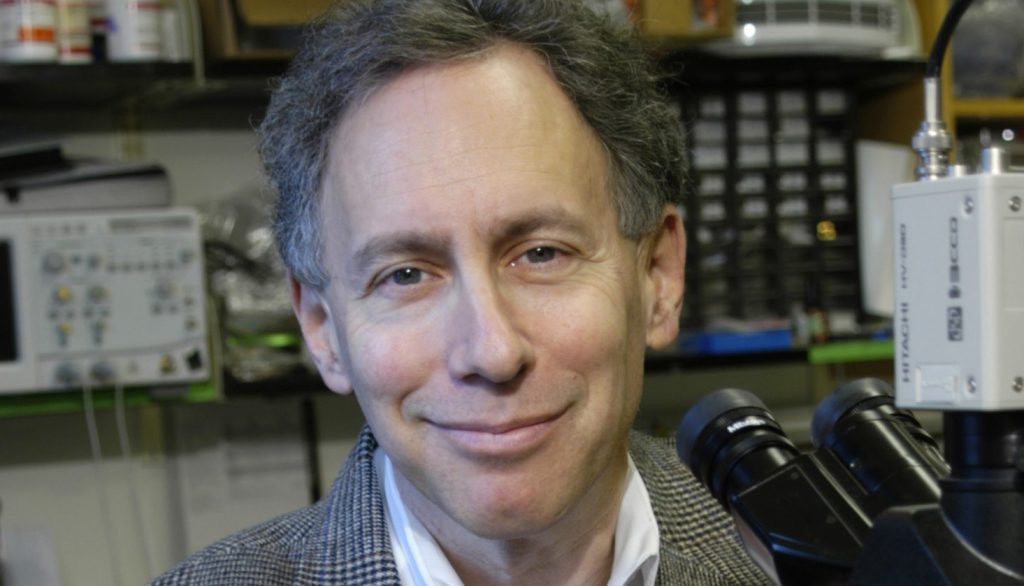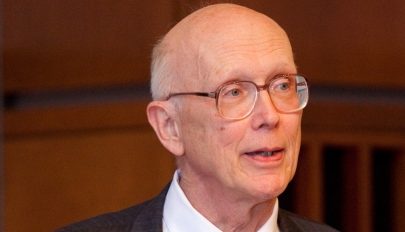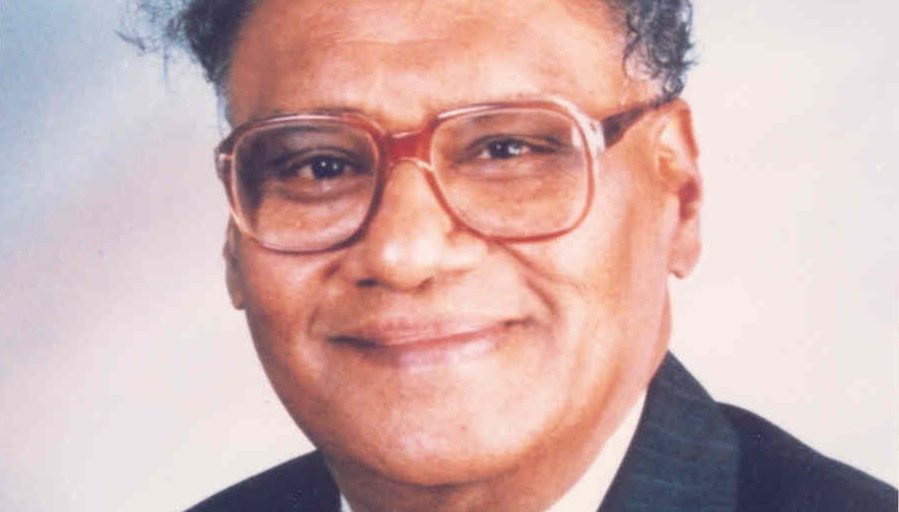Graeme Barker

Graeme Barker
Past: Archaeology
Professor Graeme Barker, CBE, FBA, has been an enormously important figure in both European and global archaeology since the 1970s.
In striking contrast to most scholars in his discipline, Barker – a retired professor of archaeology and senior fellow of the McDonald Institute for Archaeological Research at the University of Cambridge – has researched all major periods of the past from early prehistory to the historic period, and in an extraordinarily wide range of regions – Europe, North Africa, Sub-Saharan Africa, Southwest Asia, and Southeast Asia.
He is a leading authority on the story of the beginnings of farming and pastoralism worldwide, long-term land use and its environmental impacts, desertification and archaeological perspectives on landscape degradation and sustainability. Barker’s research focuses on the relationship between landscape and people, the tension between nature and culture which is, and always has been, unique to our species.
This focus has driven his interests in different ecologies and in past societies of different levels of complexity, using the archaeological record to investigate historical and ecological processes operating at short-, medium-, and long-term timescales and the complexity of their inter-relationships.
His work covers a broad range of topics: cycles of agriculture in the Mediterranean – both prehistoric and modern; Roman-period floodwater farming in the Sahara; the pastoral basis of Zimbabawe elite power in East Africa; mining landscapes in southern Jordan from the prehistoric to the Islamic periods; the antiquity of human impact on Bornean rainforests. In every topic he has researched he has demonstrated that there are no simple answers to questions about the environmental efficacy or inefficacy of past land use systems, despite the current propensity (especially among politicians and journalists) to seek simple answers in the past to suit their contemporary agendas.
Appointed Disney Professor of Archaeology at the University of Cambridge and Director of the McDonald Institute for Archaeological Research in 2004, Barker’s influential role in the field of archaeology is evident in his extensive publications, many of them landmarks in landscape and environmental archaeology.
Early on, Barker established himself as a scholar of remarkable promise and has maintained his incredible productivity throughout his career. He has published such major works as A Mediterranean Valley: Landscape Archaeology as Annales History in the Biferno Valley (1995; Italian translation 2001) and The Biferno Valley Survey: the Archaeological and Geomorphological Record (1995), both dealing with a region in central southern Italy.
In addition to this long-standing interest in Italy and Italian archaeology, Barker moved across the Mediterranean, to Libya, and joined a large UNESCO project on semi-arid landscapes. This resulted in a two-volume work on Farming the Desert: the UNESCO Libyan Valleys Archaeological Survey (1996). This research was done together with David Mattingly, with whom Barker moved to Jordan researched their book Archaeology and Desertification: the Wadi Faynan Landscape Survey (2007).
All of Barker’s work has involved the development of new techniques in field survey as well as the use of all the latest technology, including satellite imagery and GIS survey data. Barker also worked in Indonesia as part of a large research project reinvestigating the famous Niah Cave in Sarawak, a project that involved the study of human rainforest history in Southeast Asia. By studying the past in such detail, Prof. Barker has also provided information of great value to all those peoples still living in semi-arid environments.
Alongside his research endeavors, Barker has also taken a major interest in institutional development and the promotion of archaeology in the United Kingdom and around the world. He is well known for promoting the work of younger scholars and nurturing the future careers of students. He has served as Director of the British School of Archaeology at Rome and as a member of the British Academy’s Board for British Schools and Institutes Abroad. He is a member of the editorial boards of several learned journals, served as a Senior Editor for the Cambridge University Press and as President of the Prehistoric Society.


